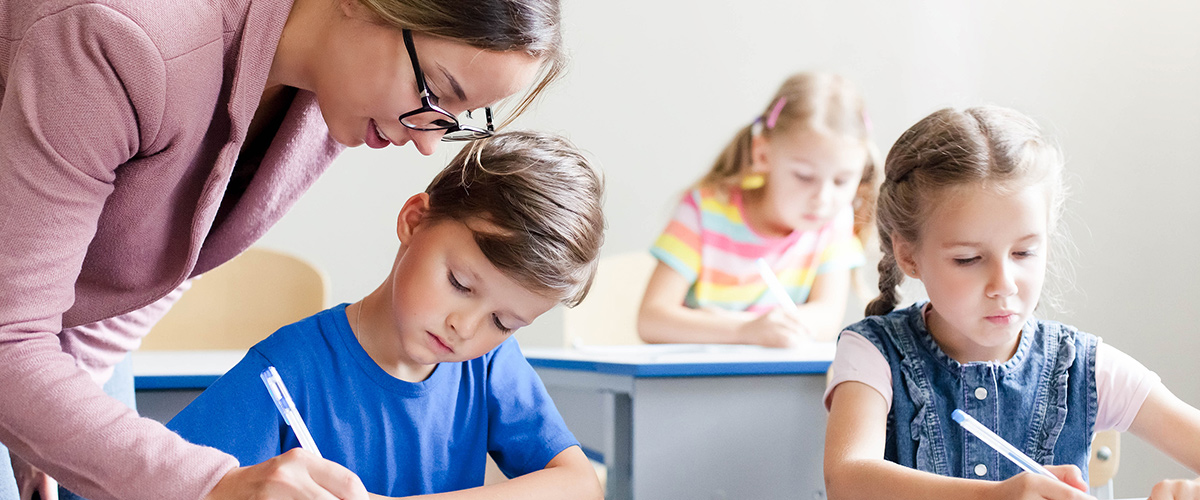
If your child has not had any experience with learning English so far, that’s fine. Your child can begin their English journey here. Our curriculum centres around a humanistic approach to teaching, by taking into account our children’s learning readiness and imagination. We know that young children learn best when there are established routines and the teaching appeals to their feelings and artistic sense. At each of these stages our students are introduced to the more formal structure of the language. Introduction is then followed by constant repetition and a gradual building of the language. We achieve this through a variety of styles: fun and games being essential techniques to ‘win’ our students.
Games are played to provide language practice in all the skills: listening, speaking, reading and writing but equally important is the need to encourage, connect with and motivate our students. We know that games create a meaningful context for language use.
In our Primary school years, we give our students the opportunity to understand the relationship between letters and sounds. They listen to the correct way of pronunciation and with constant repetition they learn to self – correct. These are the years where we widen their vocabulary by creating visual diagrams and pictures and encouraging role play using their new vocabulary. This way, our students learn to speak and spell with minimum effort. We give our students a wide platform to learn at their own pace and in their own individual style.
Our lessons are full of unpredictable creativity; our young ones never know what to expect as none of our lessons are the same. We include many of the following in our lesson plans: physical movement, arts and crafts, scavenger and treasure hunts, healthy competition, storyboards, animation and many more. In general, the TPR (Total Physical Response) teaching method is one of the language learning approaches we have adopted. As Dr Maria Montessori suggested, young children are not able to learn unless they are kept ACTIVE. Our years of experience has shown us that physical movement in language learning keeps our students engaged and excited about learning whilst enabling them to retain the content we are teaching them.